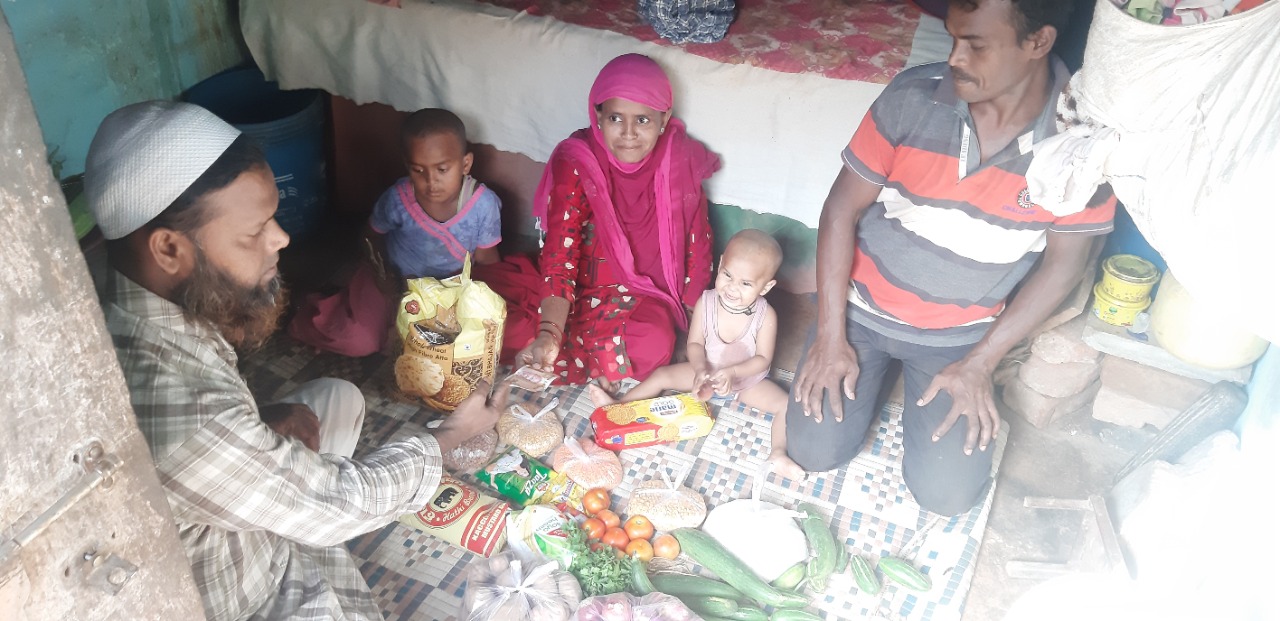 India has been under lockdown since March 24, 2020, to break the spread of Covid-19 infection. While it is the only solution to avoid community spread, many like migrant workers, marginalised communities and poorest of the poor are adversely affected due to the lack of information, livelihood and connectivity. Digital Empowerment Foundation (DEF) launched the Digital Emergency Relief Programme through its Community Information Resource Centers (CIRC) across 600+ locations in India who have been rigorously responding to the crisis by reaching out to the most vulnerable communities.
India has been under lockdown since March 24, 2020, to break the spread of Covid-19 infection. While it is the only solution to avoid community spread, many like migrant workers, marginalised communities and poorest of the poor are adversely affected due to the lack of information, livelihood and connectivity. Digital Empowerment Foundation (DEF) launched the Digital Emergency Relief Programme through its Community Information Resource Centers (CIRC) across 600+ locations in India who have been rigorously responding to the crisis by reaching out to the most vulnerable communities.
The CIRC centres with the help of the 10,000+ digital foot soldiers, after mapping the needs of the communities in rural regions, identified that the immediate need was for information dissemination and creating awareness. Awareness regarding the information on coronavirus, its symptoms, preventive measures needed and countering fake news and misinformation was done using various means like WhatsApp groups, leaflets and word-of-mouth. Further, awareness around the relief package announced by the government- Prime Minister Gareeb Kalyan Yojana- was raised through Digital Mobile Van, public address system and WhatsApp groups. This proved to be one of the most effective ways of disseminating information and ensuring social distancing.
Simultaneously, DEF’s digital foot soldiers created a relief kit which included dry ration to help families sustain for at least a month, masks and Covid-19 information guide. These were done by local fund raising and administration support.
Several surveys and publications were also published along with visual documentation of the issues faced, several initiatives carried out and expert opinions on the same. The report seeks to document the numerous kinds of initiatives that were undertaken by DEF.
As on May 23, 1,59,000 households have benefitted from the relief. Production and distribution of locally made masks and sanitisers for the marginalised communities stands at nearly 2,30,000. Essential support including linkages to government schemes, entitlement facilitation and delivery and delivery of e-services was extended to around 2,09,000 individuals. Along with, SOS food requirement is being met, alternate livelihood options are being explored especially for the weavers’ community and ethnographic study of migrant workers is underway.








